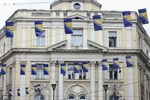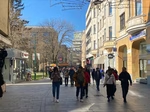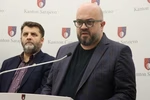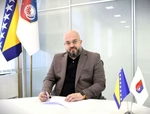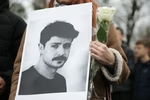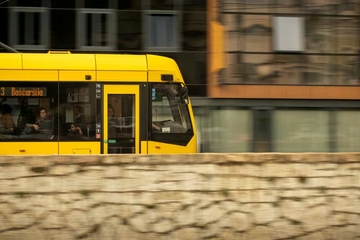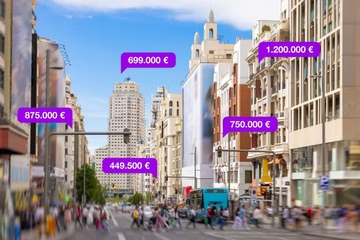Prosecutors checking statement by Bosnian Serb politician
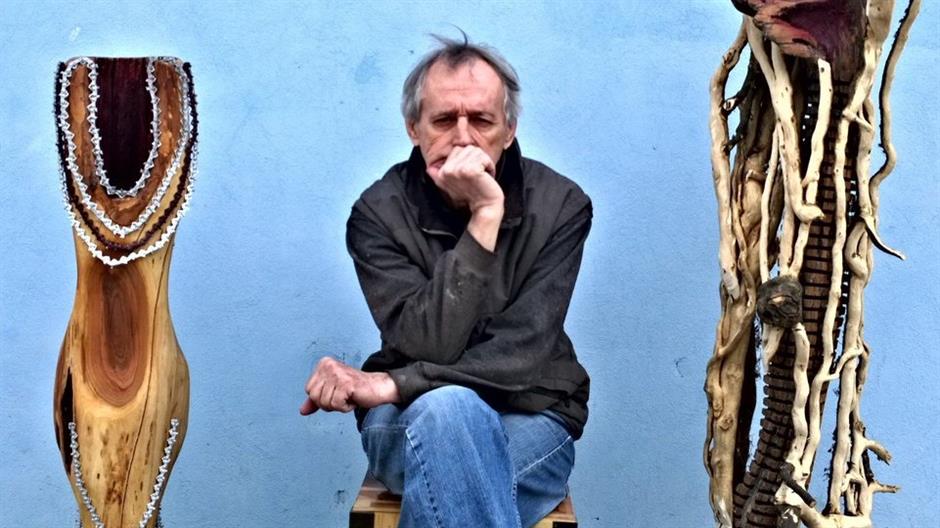
Bosnian prosecutors are checking whether to launch an investigation into an insulting statement tweeted by a top member of the ruling Bosnian Serb Party in the country’s Serb-dominated region during Wednesday's burial ceremony for victims of the Srebrenica genocide.
Oglas
As the family members of those massacred during the 1995 Srebrenica genocide were on Wednesday still putting their loved ones to rest after 23 years of searching for their remains, member of the Main Board of the Alliance of Independent Social Democrats (SNSD), Rajko Vasic, took to Twitter and denied the genocide ever took place, saying it was a lie made up by Sarajevo and the International Criminal Tribunal for the Former Yugoslavia in an effort to portray Bosnian Muslims as victims.
Statements made by Bosnian Serb politicians denying the genocide are not out of the ordinary, but the Office of the High Representative (OHR), the international body in charge of overseeing the implementation of the 1995 Dayton Peace Agreement which ended the war in Bosnia, interpreted one particular tweet Vasic posted as a threat with another genocide.
The OHR condemned the statement and urged "the competent judicial bodies to promptly react."
Oglas
"Specifically, the statement made by Rajko Vasic, SNSD Main Board member, on the Srebrenica genocide – on the day of the burial of Srebrenica genocide victims and the day of commemoration – goes far beyond a denial," the statement said.
"Apart from being deplorable, hurtful and offensive, it threatens violence. And not any violence. It threatens genocide. This is a criminal offense," the OHR said.
The US Embassy in Sarajevo retweeted the OHR statement, calling the tweets "appalling and uncivilized."
The SNSD, which is in power in the Republika Srpska, the Serb-dominated semi-autonomous entity within the country, said it does not comment any statements made on a Twitter account.
Oglas
"Stances of the SNSD are made public by people tasked with it and through official party accounts," the SNSD said.
"We do not want to comment the content of Rajko Vasic’s Twitter account as it is his personal account," it said.
On July 11, 1995, Bosnian Serb forces overran the eastern Bosnian enclave and rounded up the town’s Muslim Bosniaks, separated men from women and little children and systematically executed some 8,000 men and boys.
Forensic experts excavated them and identified the bones through DNA analysis before putting skeletons together and returning the bodies to the families. Those rebury them every year on July 11 at the Memorial Centre’s cemetery.
Oglas
Two international courts, The International Criminal Tribunal for the Former Yugoslavia and the World Court later ruled that the massacre was an act of genocide.
Kakvo je tvoje mišljenje o ovome?
Učestvuj u diskusiji ili pročitaj komentare
Oglas
Kakvo je tvoje mišljenje o ovome?
Učestvuj u diskusiji ili pročitaj komentare
Oglas





 Srbija
Srbija
 Hrvatska
Hrvatska
 Slovenija
Slovenija








